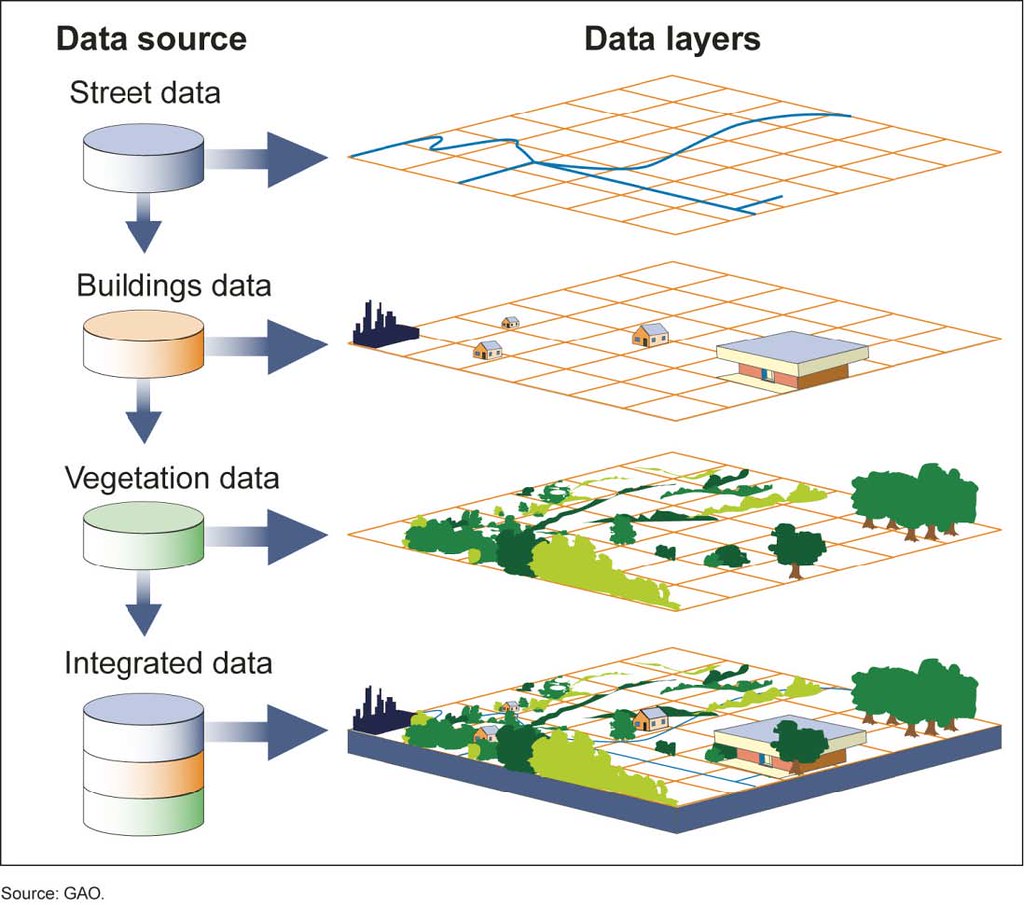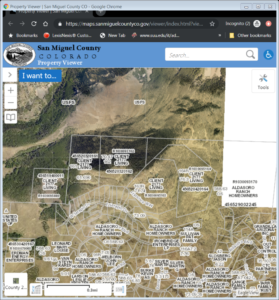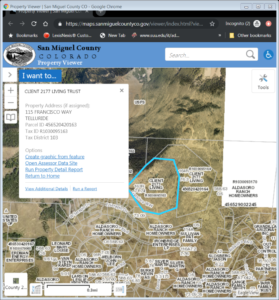By: Josh Ostroski, Senior Consultant
Recently I have come across requests or mentions about inherited wealth, particularly, how much prospects could inherit. My short answer is, I don’t know. My longer answer is, we’ll never know unless it’s made public through court documents, news articles, contact reports, etc. With the Great Wealth Transfer approaching, I wanted to see what statistics said about how much is actually inherited.
When people talk about inheritance in the United States, what they mean can vary wildly depending on whose story you’re listening to. For many Americans, inheritance barely affects their financial lives at all. In fact, between 70% and 80% of U.S. households never receive any inheritance, a reality that surprises a lot of people who assume inheritances are common.
Even when Americans do inherit, the amounts are often modest. According to the Federal Reserve’s most recent comprehensive data, the average inheritance across all households is about $46,000, but that number is skewed by the handful of very large inheritances at the top. For households in the bottom half of the wealth distribution, the typical amount received is much, much smaller, closer to $9,700.
The “Great Wealth Transfer”
Experts are talking a lot about a looming wave of inherited wealth known as the Great Wealth Transfer. According to recent research, as much as $105 trillion could pass from older generations to younger ones over the next 25 years. Crucially, more than half of this wealth is expected to come from the roughly 2% of U.S. households with at least $5 million in investable assets. Most inheritances will flow within a relatively small slice of the population, further concentrating the economic power already held there.
Expectations vs Reality
Many younger adults overestimate how likely and how large their inheritances will be. For instance, surveys show a gap between expectations and reality. While 32% of Millennials and 38% of Gen Z expect to receive an inheritance, only about 22% of Boomers and Gen X say they plan to leave an inheritance. This “inheritance expectation gap” means many young adults are counting on transfers that may be smaller or less likely than they hope.
What Inheritance Looks Like for the Middle Class
For families in the middle of the wealth distribution, inheritance is more common but still relatively modest. These inheritances often fall somewhere between $50,000 and $200,000 and tend to function more as financial stabilization than transformation. They might help someone make a down payment on a home, reduce debt, or strengthen retirement savings, but they usually don’t turn middle-income households into wealthy ones. Inheritance at this level can ease financial stress and provide a buffer, but it rarely creates lasting, multi-generational wealth.
The Wealthy Get a Very Different Kind of Inheritance
While average inheritance figures across the entire population come in around $46,000, the average inheritance for the wealthiest 1% of households is about $719,000. That’s almost 75 times what the bottom half of households typically receives.
Children of top-1% families today are inheriting more money than previous generations did, largely because asset values have exploded. Stocks, private businesses, real estate, and financial portfolios are worth far more than they were a few decades ago, and those assets make up the bulk of wealthy estates. Even though wealthy parents are living longer and often spending more during retirement, the growth in asset values has more than offset that. As a result, typical inheritances for top-1% heirs now commonly reach multiple millions of dollars, and in many cases tens of millions.
The main change isn’t how much is inherited, but when. Heirs in wealthy families often don’t receive large inheritances until their 40s, 50s, or even 60s, compared with earlier generations who sometimes inherited younger. But this delay matters less at the top, because these children usually benefit from wealth long before inheritance arrives—through elite education, housing help, business connections, family investments, and early gifts or trusts. In practice, many top-1% heirs are financially comfortable throughout adulthood, with inheritance acting as a final multiplier rather than a lifeline.
What This All Means
For most families, it’s a small boost at best. For the middle class, it’s a helpful but not transformative supplement. But for the wealthiest, inheritance is often a cornerstone of financial advantage.
This matters for nonprofits because so much of the money in motion is concentrated in relatively few hands. When wealthy families are thinking about how to pass on their assets, even setting aside a small share for charity can add up to a meaningful impact. Bequests, donor-advised funds, and charitable trusts let people support causes they care about while also thinking strategically about taxes and legacy. With trillions of dollars expected to move from older generations to younger ones in the coming decades, nonprofits that show up early – before estate plans are finalized – have a real opportunity to become part of that conversation.










